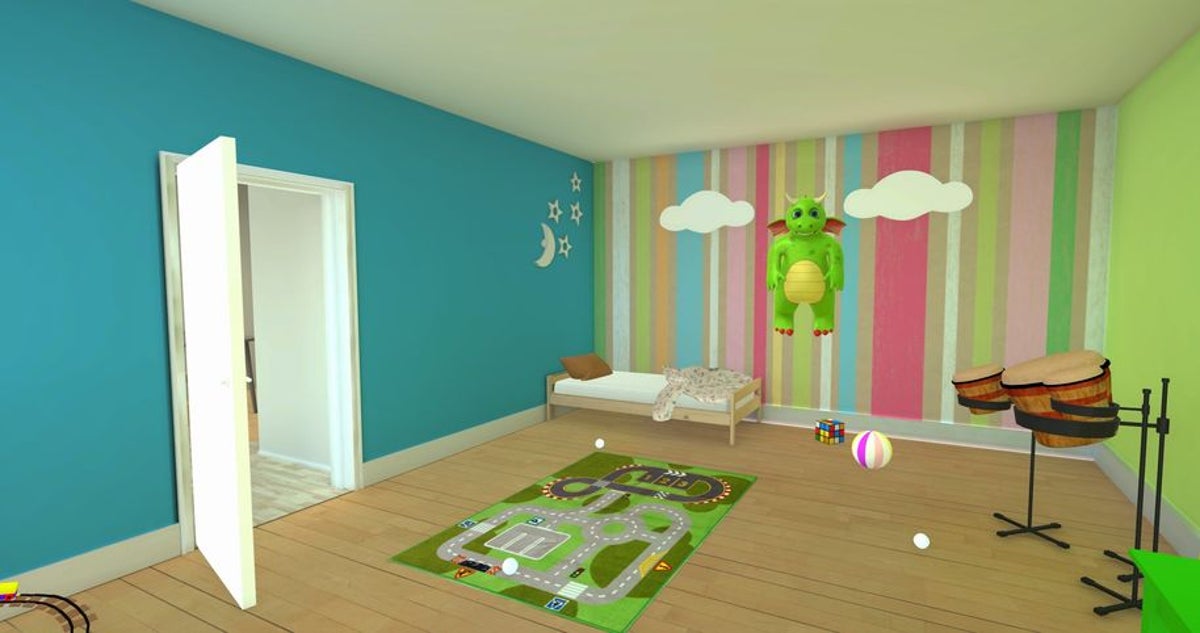
Virtual reality games, coupled with eye tracking and machine learning systems, can show differences in eye movements and lead to early detection of conditions like autism and attention-deficit hyperactivity disorder, or ADHD, scientists say.
ADHD affects about 6 per cent of children globally, and despite decades of research, its diagnosis still relies on questionnaires, interviews, and subjective observation, causing test results to be ambiguous, say researchers, including those from Aalto University in Finland.
Children with ADHD face attention difficulty, hyperactivity, and impulsiveness and the condition can persist much into adulthood.
In a new study, published recently in the journal Scientific Reports, researchers developed a virtual reality game called EPELI that can potentially be used to assess ADHD symptoms by simulating situations from everyday life.
The experiment involved 37 children diagnosed with ADHD, and 36 kids who were a control group.
The children played EPELI and another game – Shoot the Target – in which players are instructed to locate objects in the environment and “shoot” them by looking at them.
EPELI, scientists say, provides children with a list of tasks that simulate everyday life, such as brushing their teeth and eating a banana.
In these tasks, players have to remember the tasks despite distractions in the environment, such as a TV being on.
The game assesses how the children play, including how much they click on the controls and how efficiently they perform the tasks.
“Efficiency correlates with everyday functioning, whereas children with ADHD often have challenges,” Topi Siro, one of the study’s authors, explained.
Using the game, and the machine learning and eye tracking setup, researchers tracked children’s natural eye movements as they performed different tasks in a virtual reality game.
“The ADHD children’s gaze paused longer on different objects in the environment, and their gaze jumped faster and more often from one spot to another,” Liya Merzon, study co-author from Aalto University explained.
“This might indicate a delay in visual system development and poorer information processing than other children,” she explained,” she added.
In further studies, scientists hope to test the broader therapeutic applications for virtual reality games.
“We demonstrated that a naturalistic VR task combined with eye tracking allows accurate prediction of attention deficits, paving the way for precision diagnostics,” scientists wrote in the study.
They believe such games could also be used in the future as an aid to ADHD rehabilitation since they can precisely control what happens in the stimulus world while also collecting information about behaviour.
“We want to develop a gamification-based digital therapy that can help children with ADHD get excited about doing things they wouldn’t otherwise do,” Project lead Juha Salmitaival said.
Researchers say VR games can also be developed further to measure problems in the planning and flexibility of activities in people with autism.
With some modifications, they say games could also be developed to assess language problems, brain trauma, adult ADHD, and even the deterioration of memory with age.







